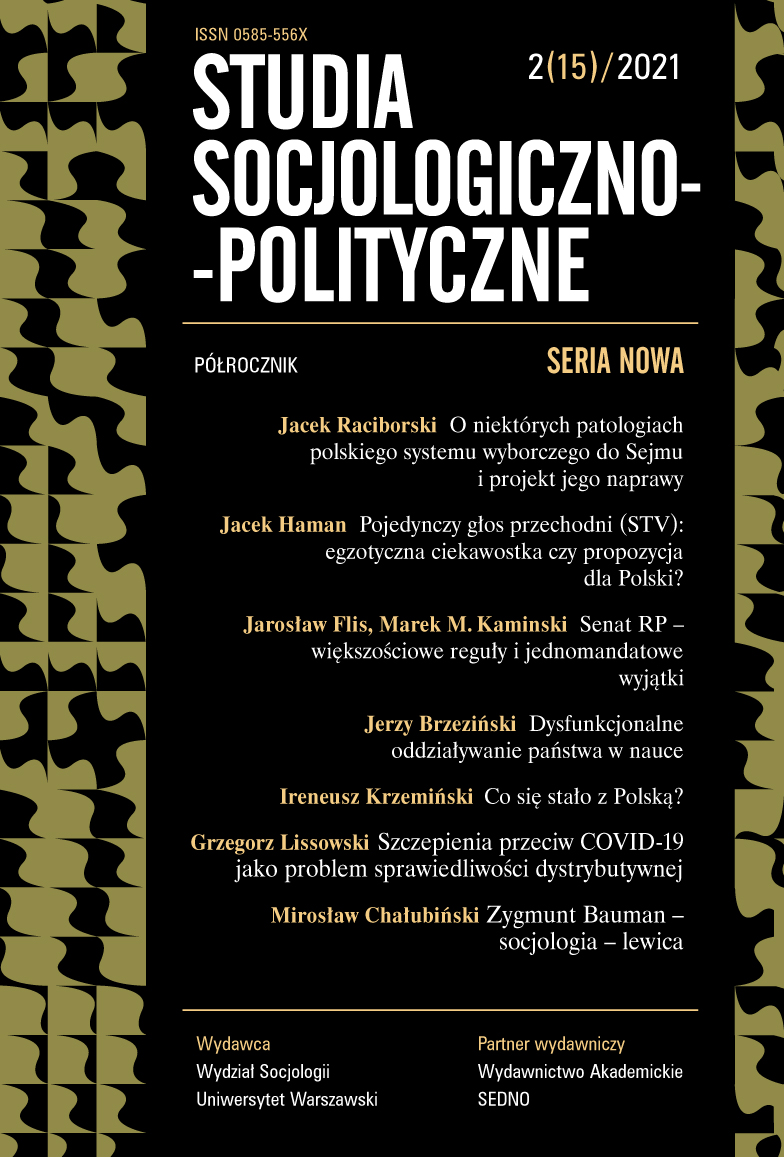Tracing the Donbas miner movement’s role in Ukraine’s transition between 1989 and 1994
Tracing the Donbas miner movement’s role in Ukraine’s transition between 1989 and 1994
Author(s): Paweł DownarowiczSubject(s): Politics / Political Sciences, Politics, Social Sciences, Political Sciences, Civil Society, Governance, Sociology, Political history, Social history, Recent History (1900 till today), Government/Political systems, Security and defense, Nationalism Studies, Transformation Period (1990 - 2010), Present Times (2010 - today), Inter-Ethnic Relations, Ethnic Minorities Studies, Social Norms / Social Control, Sociology of Politics, Politics of History/Memory, Politics and Identity
Published by: Wydział Socjologii Uniwersytetu Warszawskiego
Keywords: post-communist transition; party cleavages; regional identity; Ukraine; Donbas; miner strike
Summary/Abstract: The article explores the impact of the miner strike movement in Donbas on the post--communist transition in Ukraine from 1989 to 1994. By focusing on the Donbas strike movement, its relationship with the nationalist intelligentsia, and a later co-optation of its mobilizing potential by regional elites, it provides an analysis of the agency of bottom-up social forces operating within a particular cultural framework during the transition period. The striking miners played a significant role in the reclamation of Ukrainian independence in 1991. Building on this momentum, Donbas politicians were able to politicize the already existing socio-cultural diversity of Ukrainian society and to define the fundamental political cleavage in Ukraine in self-serving, regionalist terms.
Journal: Studia Socjologiczno-Polityczne. Seria Nowa
- Issue Year: 17/2022
- Issue No: 2
- Page Range: 73-91
- Page Count: 19
- Language: English

